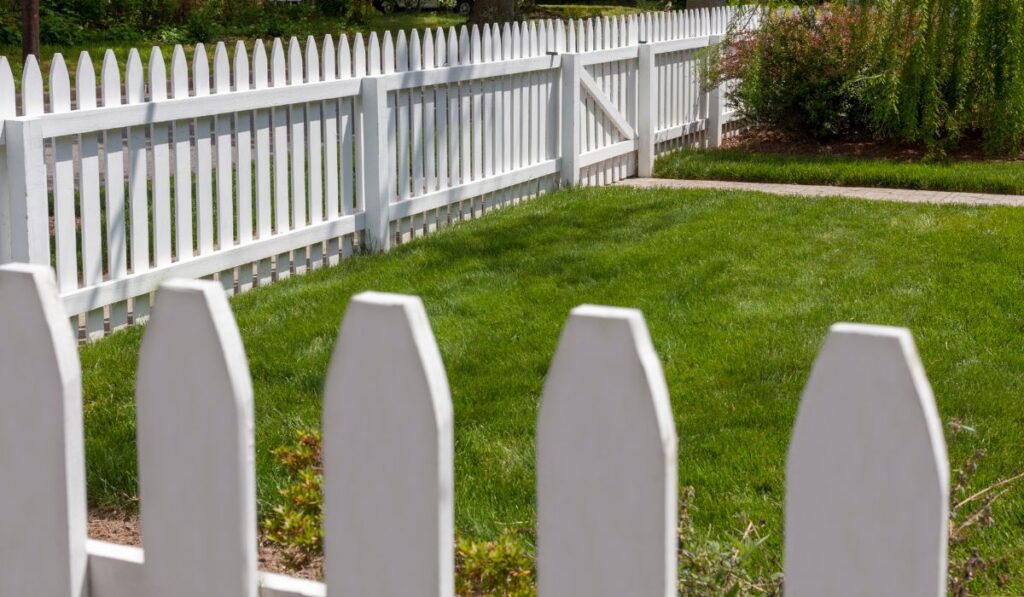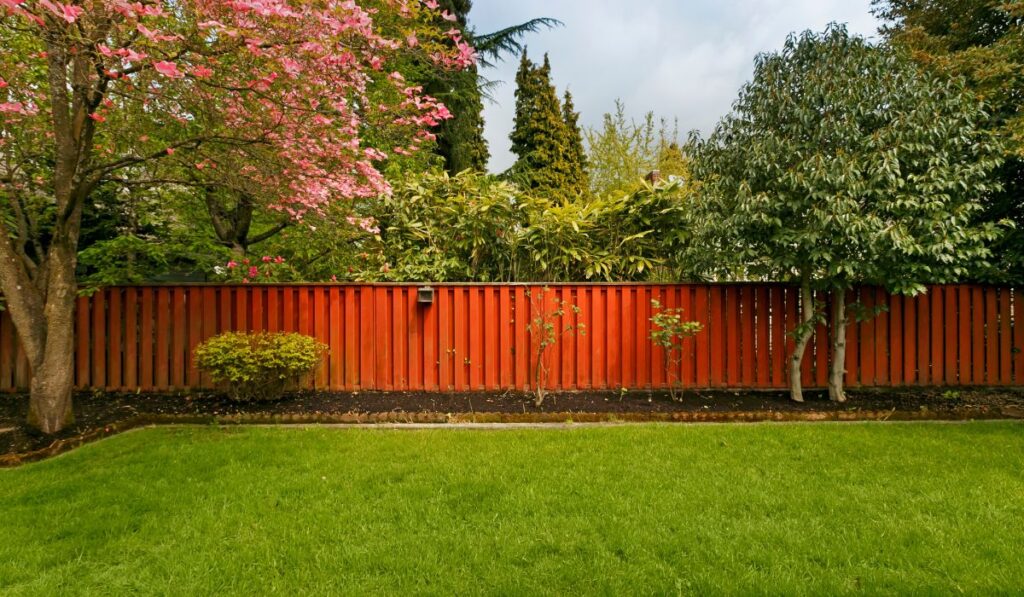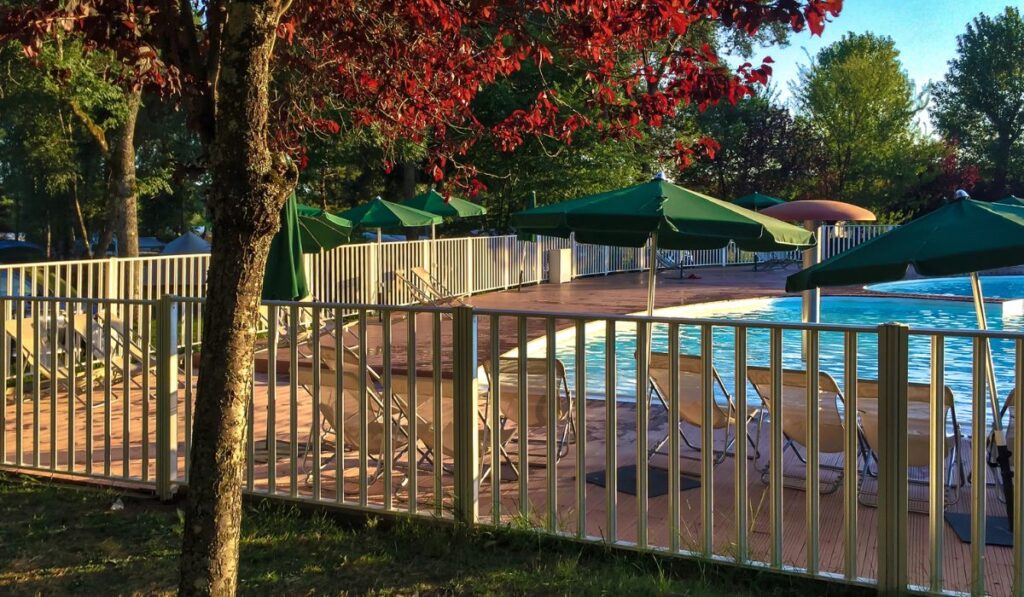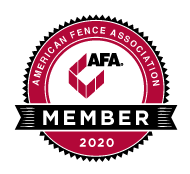Good fences make good neighbors.
But how close to a property line can I put a fence? There are rules in every state about putting a fence.
Also, you don’t want to fight with your neighbor, and neighbor etiquette is vital to any fencing project.
This post will teach you how close to a property line you can put your fence.
We will discuss Georgia state laws to guide you when constructing a fence, as well as direct you toward some best practices.
After reading this, you’ll have all the know-how to build a fence that will not bring you trouble.
Fence Laws in Georgia
As a homeowner and property owner in the state of Georgia, you have the right to your land, and other people and things are not allowed on it without your consent.
So, in a state where property line issues are common, if issues arise with your neighbor, you can talk it out.
If talks fail, you can seek a legal solution under the state property and fence laws.
Georgia doesn’t have fence laws per se, but they fall under the state laws on trespass, easements, nuisance, and property damage.
However, a fence placed on a property line between two properties is understood to be co-owned by the neighbors.
Therefore, the two neighbors must agree before modifying the fence.
When a neighbor places a structure (or fence) on your property, the state considers that as encroachment.
Unless otherwise, you can provide a written agreement for it.
Otherwise, you can request the neighbor to remove the fence, get a surveyor to mark the borders, or seek legal assistance.
Too Close for Comfort?
As you already know, if you want to put your fence precisely on your property line, you need to inform your neighbor.
It will be a shared responsibility, and you’ll not be allowed to modify the fence without their consent afterward. What if you don’t want to bother your neighbor?
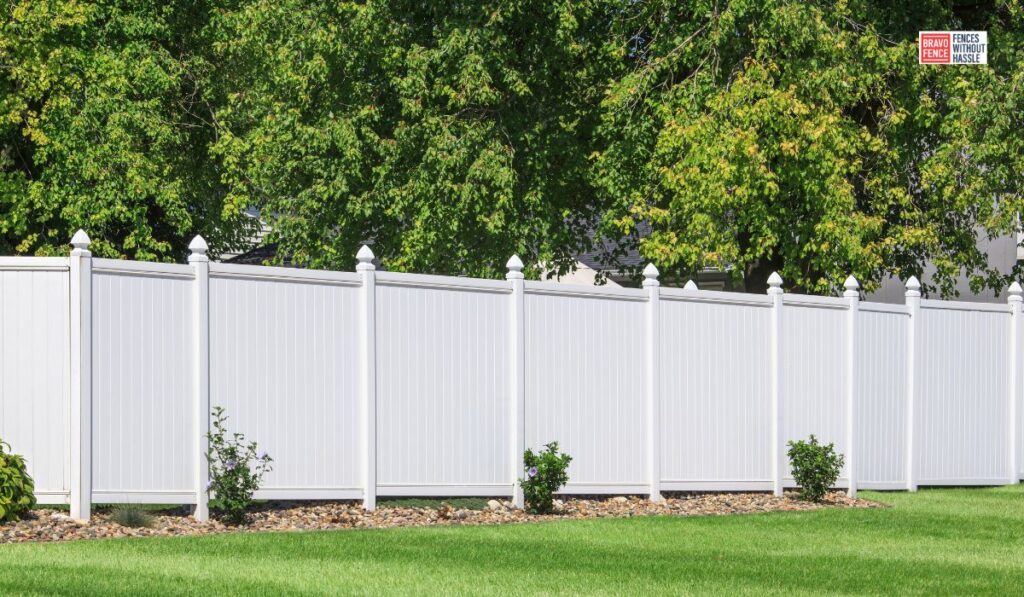
Call in a surveyor and know where the property line lies.
Put your fence inside the line. By that, I mean the fence goes inside your property, close to the edge.
The fence will give you some privacy from nosy neighbors and keep your children and pets from going to the neighbor’s home uninvited.
If you put your fence outside the property line, brace yourself because if your neighbor protests, they’ll have legal standing to have your fence removed – at your expense.
The best thing to do is come up with a written agreement signed by you and your neighbor if it ever happens. Also, have the same if you share the fence.
What to do Before Installing a Fence
It’s not even the state you should be concerned and worried about but your neighbor.
Neighbors can be friendly and helpful, and if you have a neighbor that invites you for barbeque and beer, you are one lucky homeowner!
That’s a good neighbor to keep.
So what do you need to do before putting up that fence?
Determine Property Line Boundaries
You must determine your property lines first.
When you bought the property, you probably got a copy of your deed.
If you don’t have a copy, you must request a new survey and find out where your property boundaries are.
While it may seem expensive, a qualified surveyor will help you avoid trouble with your neighbor.
Rebuilding a fence can be stressful, but not as much as it would be if your neighbor decided to take you to court.
Save yourself the headache if you don’t have a copy of your deed, and hire a surveyor!
Check Applicable Rules and Regulations
We discussed the laws in Georgia.
If you are living in a different state, check the rules and regulations in that same state.
Some state laws dictate that your fence should be 2, 4, 6, or 8 inches from the property line.
In Georgia, the distance between your property and the neighboring line is not stated, but it’s rather obvious that the fence should be on the inside of your property.
However, if you live in an area with your homeowners’ association, they may have their own rules.
It’s essential to understand the HOA regulations.
Homeowners who break HOA rules are slapped with serious fines, which also affects their property’s value.
Consult Impacted Parties
Before installing a fence, it would be best to talk to the authorities and concerned parties.
Talk to your neighbors, fence installation professionals like us, your realtor, the HOA chairperson, and possibly even a government representative.
You’ll be good to go after you get a nod from your neighbors and the authorities and a recommendation from the fence company.
Our company offers consultation on fencing issues and can recommend the best material to use, as well as ideas for height and size.
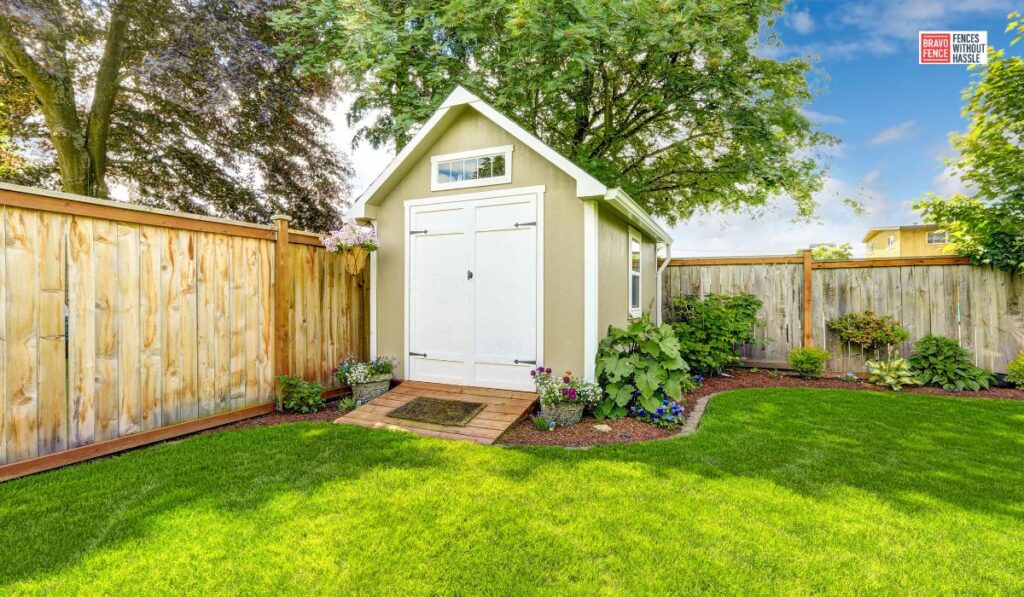
How We Can Help
Most homeowners put a fence between their homes and neighbors’ homes for privacy and to prevent their pets and children from stepping into the neighbor’s property.
Bravo Fencing Company understands every homeowner’s concern, including yours, and we will step in when you need a professional to build you a fence while adhering to the state’s regulations.
Contact us for a quote!
Conclusion
In conclusion, understanding the regulations and guidelines regarding fence placement is crucial to maintaining good relationships with neighbors and avoiding legal complications.
In Georgia, while there may not be specific fence laws, property owners must navigate state laws on trespass, easements, nuisance, and property damage.
Cooperation and communication with neighbors are key elements in ensuring a smooth fencing project.
By being aware of your property boundaries, consulting with neighbors, and adhering to relevant rules and regulations, you can build a fence that not only enhances your privacy but also fosters good neighborly relations.
FAQs
How close to the property line can I put a fence in Georgia?
Georgia doesn’t specify a particular distance, but it’s generally understood that the fence should be on the inside of your property. Ensure open communication with your neighbor and, if possible, have a written agreement.
What should I do if my neighbor’s fence encroaches on my property in Georgia?
If your neighbor’s structure, including a fence, encroaches on your property, it’s considered encroachment. Seek resolution through communication, and if needed, involve a surveyor to mark property borders or consult legal assistance.
Can I modify a fence placed on a property line in Georgia without my neighbor’s consent?
No, a fence on a shared property line is considered co-owned. Any modifications require mutual agreement between neighbors to avoid potential conflicts.
How can I determine my property lines before installing a fence?
Obtain a copy of your deed or hire a qualified surveyor to determine your property boundaries. This step is crucial to avoid potential disputes and legal issues with neighbors.
What rules and regulations should I check before installing a fence in Georgia?
While Georgia doesn’t have specific fence laws, familiarize yourself with trespass, easements, nuisance, and property damage laws. Additionally, check with any homeowners’ association rules and regulations that may apply in your area.
Why is it important to consult with neighbors and authorities before installing a fence?
Consulting with neighbors, authorities, and professionals helps ensure that your fence installation complies with local regulations and meets community standards. It also fosters positive relationships with neighbors and reduces the risk of disputes.

